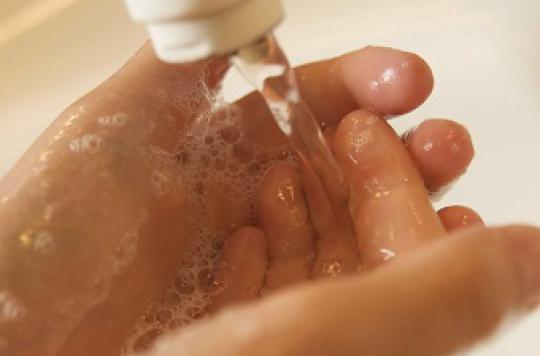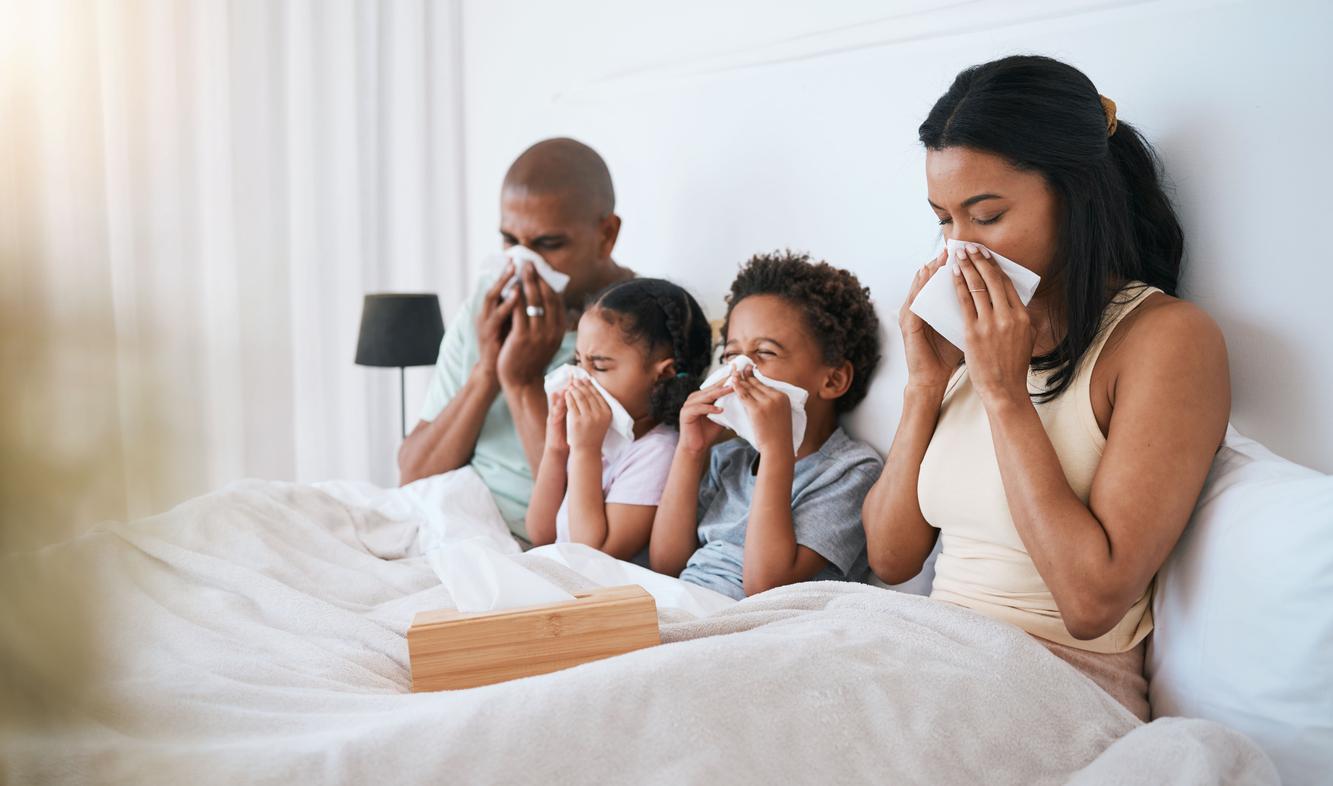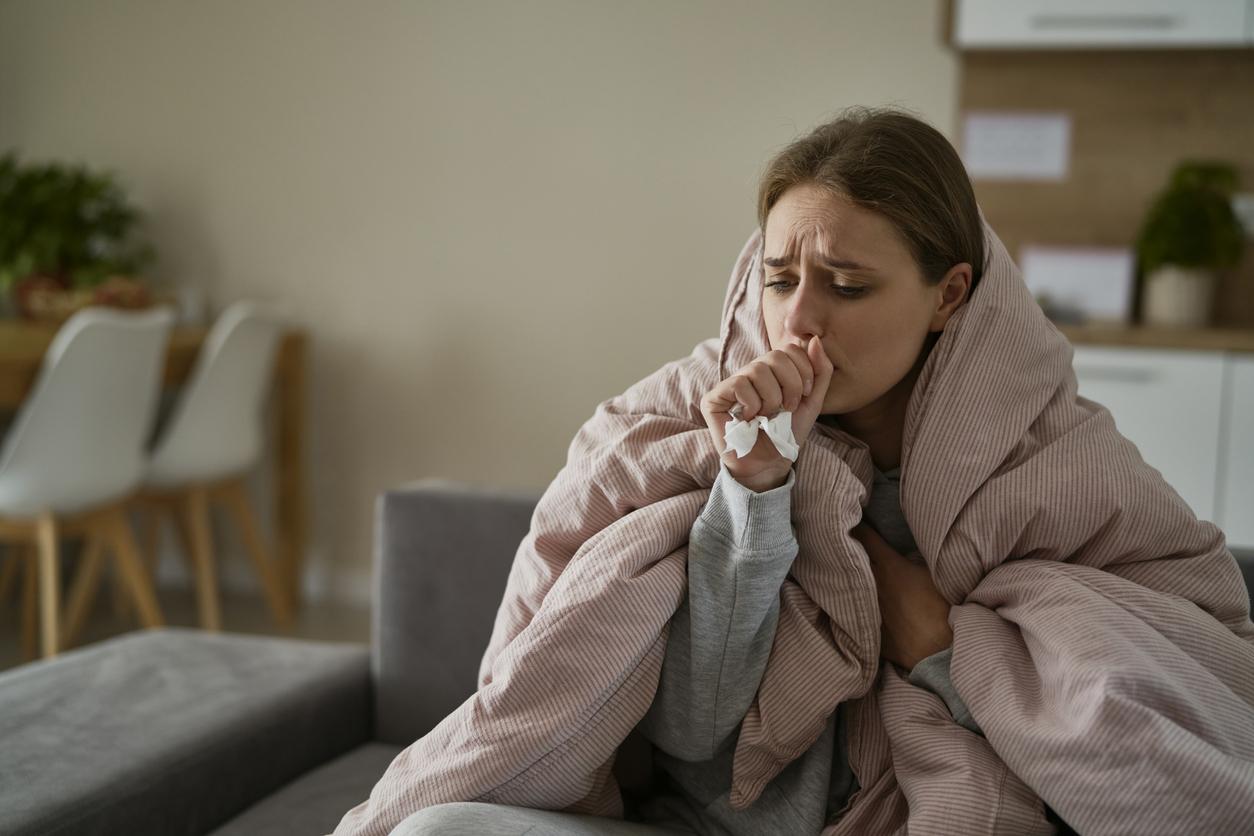As winter approaches, Inpes recalls the importance of hand washing against the transmission of viruses. Only 20% of French people cite this method to protect themselves from respiratory infections.

80% of winter diseases are transmitted through the hands. With each contact with a contaminated surface or person, bacteria and viruses are deposited there. The action to adopt to protect yourself is simple: wash your hands regularly with water or hydroalcoholic gel. This hygiene measure is also recommended by the World Health Organization as the most important in preventing winter viruses.
The French are not vigilant enough when it comes to hand washing: only 20% spontaneously cite it as a way to protect themselves from respiratory infections according to the Institute for Prevention and Health Education (Inpes). This partly explains the millions of people who, each year, are affected by winter viruses (colds, bronchitis, flu, gastroenteritis, etc.). Most of the time, they are harmless but fragile people can be more seriously affected: 1,500 to 2,000 patients die each year from the flu and more than 600 from gastroenteritis.
30% wash their hands after taking the bus
Eight out of ten people routinely wash their hands after using the toilet. This is a decline compared to 2010, notes the Inpes, but it is especially where the French are most attentive. When it comes to the kitchen, only two thirds of them carry out this hygienic gesture. And while babies are particularly fragile, and exposed to winter viruses, only six in ten take this precaution before looking after their baby.
When they are sick, the French are not more careful: only one in three respondents say they make sure they have clean hands after blowing their nose. The same proportion does not wash their hands after taking public transport. However, according to a study carried out in the United Kingdom during the winter of 2008-2009, the use of public transport multiplies by six the risk of developing an acute respiratory infection due to the flu.
Women are more virtuous
In general, it is women and people aged 35 to 49 who practice good hygiene habits the most. They consist, of course, in washing your hands. But, it is also important to protect others from your own illness. For this, it is recommended to wear a mask and avoid direct contact. Inpes also recommends sneezing or coughing while covering your mouth with a piece of clothing or a disposable handkerchief and avoiding busy places such as public transport or shopping centers.
.

















